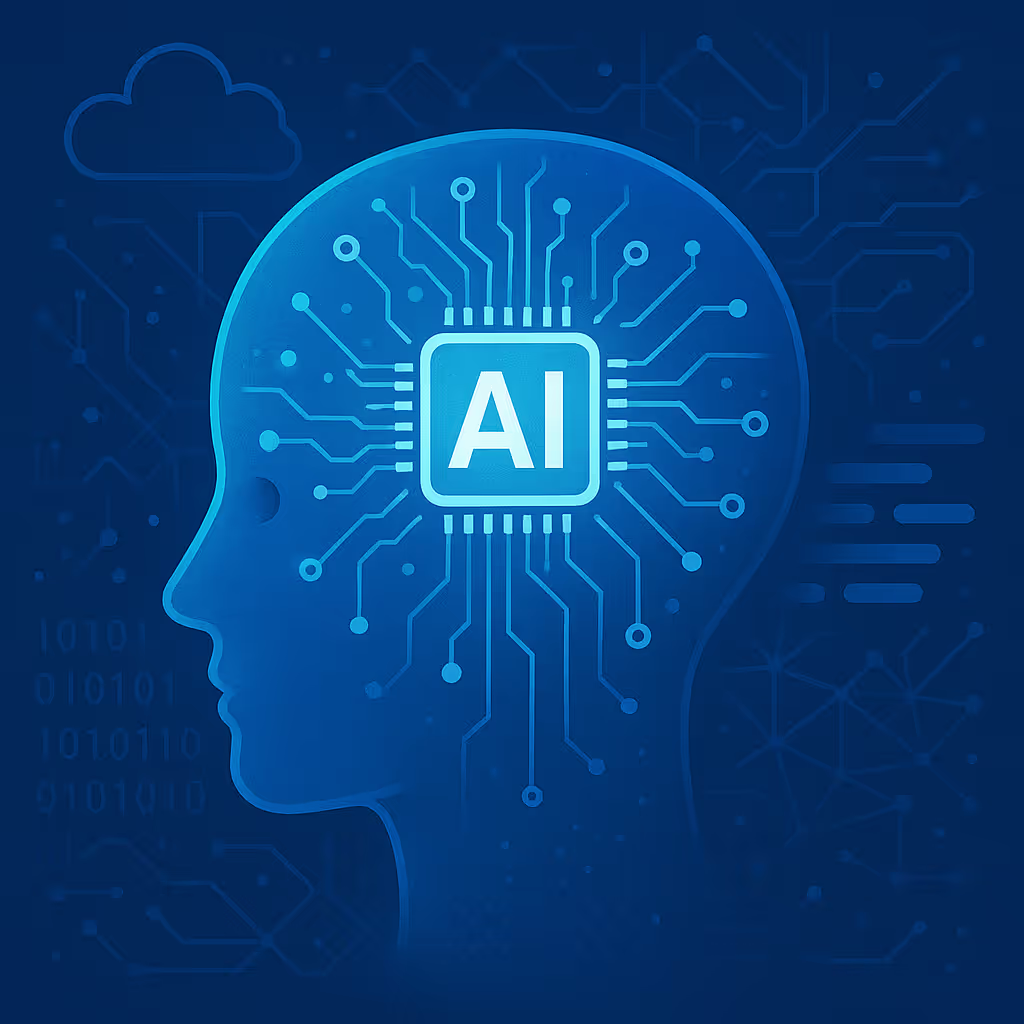Establishing Trust: Ethical Frameworks for Agentic AI in Healthcare
As Agentic AI takes on a more active role in healthcare decision making, trust and ethics become mission critical. This blog explores the importance of building ethical frameworks that ensure data privacy, transparency, and accountability, laying the foundation for responsible AI adoption in healthcare.
The potential of Autonomous Agentic AI to revolutionize healthcare is undeniable. From improving patient care to accelerating clinical trials and enhancing diagnostics, AI is transforming every facet of the industry. However, as AI assumes a more active role in decision-making processes, one critical factor remains non-negotiable: trust.
In healthcare, trust is foundational, patients need to trust that their data is secure, their privacy is protected, and that the decisions made on their behalf are transparent and accountable. As Autonomous Agentic AI systems become more integrated into healthcare operations, ensuring ethical considerations and maintaining trust in these systems is paramount. This blog explores the importance of ethical frameworks in Agentic AI deployments, specifically around patient data privacy and decision-making transparency.
The Role of Agentic AI in Healthcare
Autonomous Agentic AI is transforming healthcare by acting as an intelligent agent across various domains from clinical decision support systems to patient engagement platforms and medical diagnostics. These AI systems autonomously analyze patient data, detect patterns, and make recommendations that were once the sole domain of human experts.
In clinical trials, AI agents can help optimize patient recruitment, predict trial outcomes, and streamline data analysis. In hospitals, they can assist doctors in diagnosing conditions and recommending treatment options based on vast datasets. In drug discovery, AI accelerates the identification of viable compounds and reduces time-to-market for new treatments.
However, with these powerful capabilities comes great responsibility. Data privacy and decision-making transparency must be prioritized to maintain public trust in these systems.
Ethical Challenges in Deploying Agentic AI in Healthcare
Data Privacy
In healthcare, patient data is some of the most sensitive and personal information. For Autonomous Agentic AI systems to function effectively, they must access, analyze, and act on patient data. This raises significant concerns around data privacy and security.
Key challenges include:
- Data Breaches: With the rise of AI, the risk of cyberattacks on healthcare data also increases. A breach could compromise patient privacy and lead to widespread trust issues.
- Regulatory Compliance: Healthcare organizations are required to adhere to strict regulations like HIPAA (in the U.S.) and GDPR (in the EU) that govern how patient data is collected, stored, and shared. Any violation of these regulations can have severe consequences.
To mitigate these risks, healthcare providers and AI developers must ensure that AI systems are built with data protection in mind. This includes using data encryption, anonymization methods, and ensuring that only authorized personnel can access sensitive information.
Decision-Making Transparency
AI’s ability to make autonomous decisions can be a double-edged sword. While it offers remarkable speed and accuracy, the “black box” nature of many AI models can make it difficult to understand how decisions are made.
In healthcare, where the consequences of decisions can be life-altering, transparency is essential. Patients and healthcare providers need to understand:
- How AI models arrive at their conclusions.
- Why certain decisions were made and what data was used to support those decisions.
Ensuring decision transparency requires AI systems whose actions are understandable by humans. Whether it is a clinical trial recommendation or a diagnostic prediction, AI models must be able to provide clear reasoning behind their actions, enabling stakeholders to assess the rationale behind each decision.
Establishing Ethical Frameworks for Trustworthy AI
Transparency in AI Models
For Agentic AI to gain the trust of healthcare professionals and patients, transparency is necessary. AI models must be explainable, with clear insights into how decisions are made. For example, if an AI system recommends a treatment plan for a patient, it should be able to outline the data points that informed its decision, giving doctors and patients confidence in the recommendation.
Data Privacy and Security
Data protection must be embedded into the very fabric of AI systems. Encryption, secure data-sharing protocols, and anonymization techniques must be standard to ensure patient data is not exposed to unnecessary risks.
Continuous Monitoring and Oversight
In a highly regulated industry like healthcare, constant monitoring and oversight are necessary. This includes regular audits to ensure that AI systems are functioning as intended and maintaining regulatory compliance. Healthcare organizations should also invest in third-party audits to validate that AI systems adhere to ethical standards, ensuring continuous accountability.
Agilisium’s Commitment to Ethical AI in Healthcare
At Agilisium, we are dedicated to embedding ethical integrity into every Autonomous Agentic AI solution we build. We prioritize data privacy, decision-making transparency, and regulatory compliance to ensure that our AI systems are both innovative and trustworthy.
Our frameworks are designed to uphold the highest ethical standards, empowering healthcare organizations to harness the power of AI without compromising patient trust. As Autonomous Agentic AI continues to shape the future of healthcare, we remain committed to delivering solutions that foster accountability, improve patient care, and drive operational efficiency.













%20(7).avif)























%20(5).avif)
.avif)


